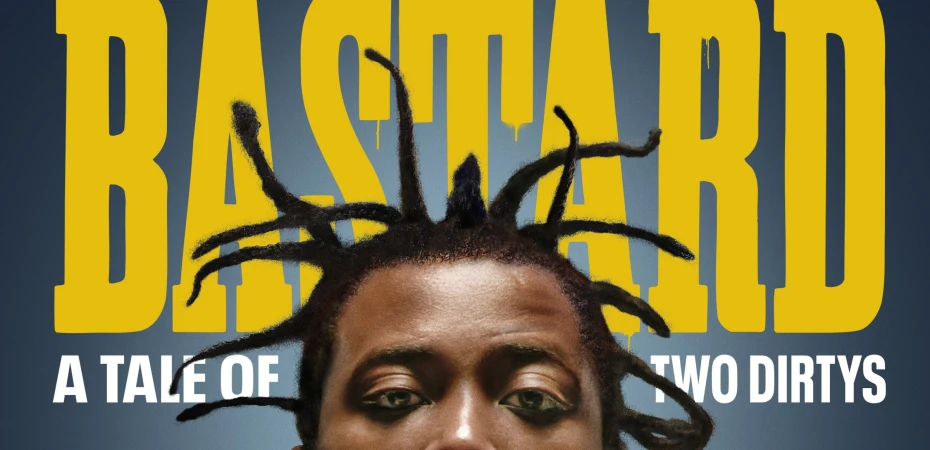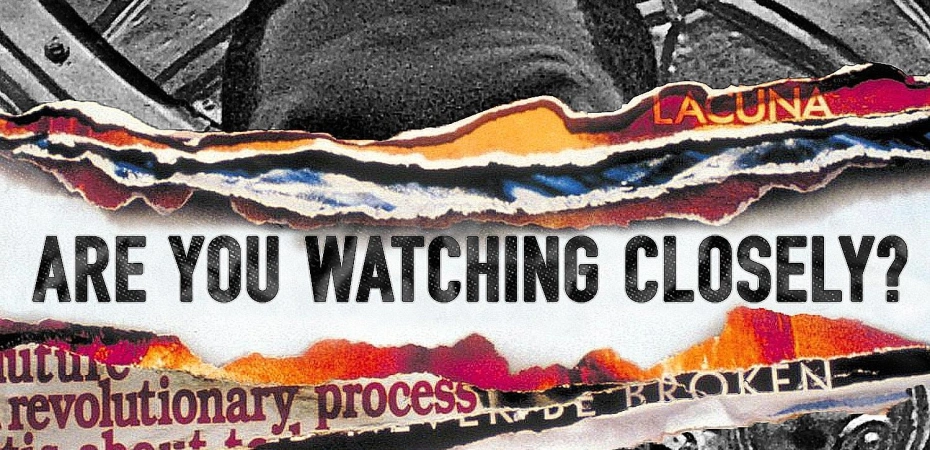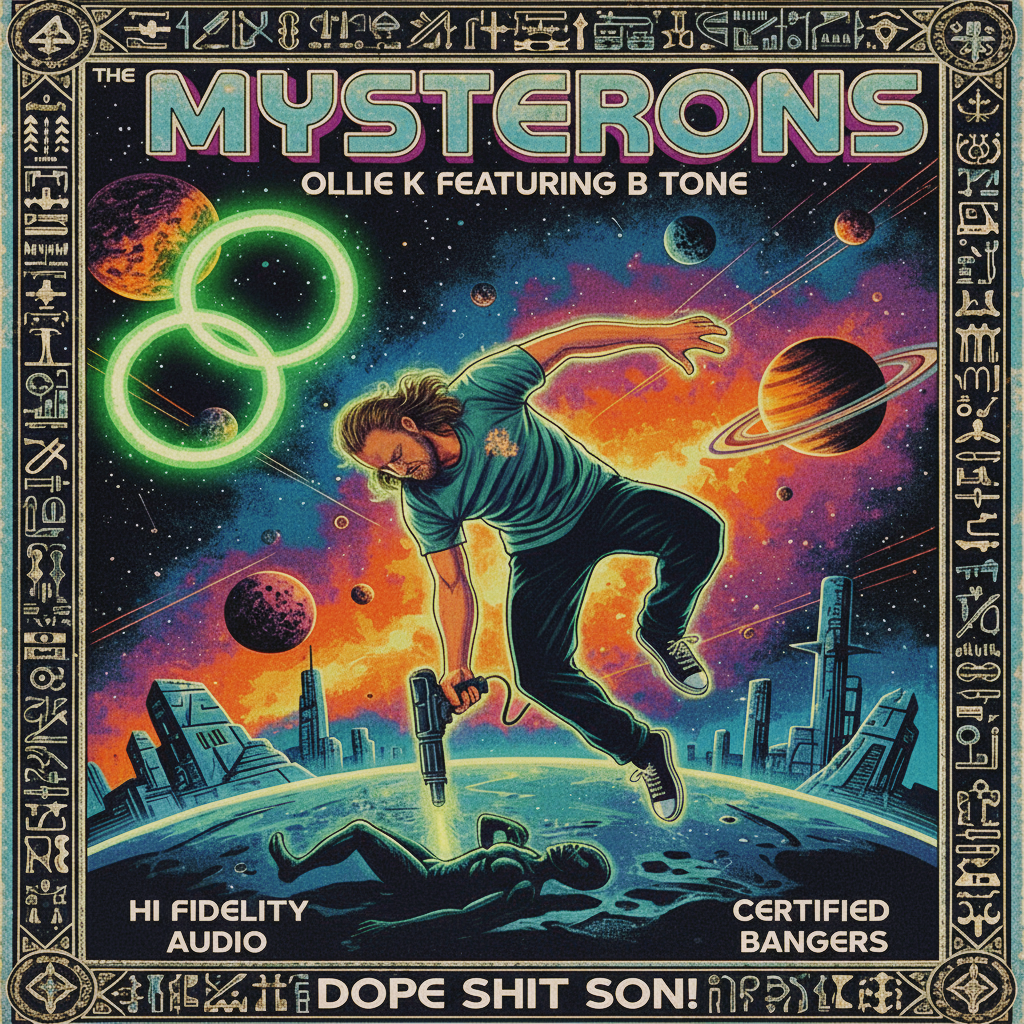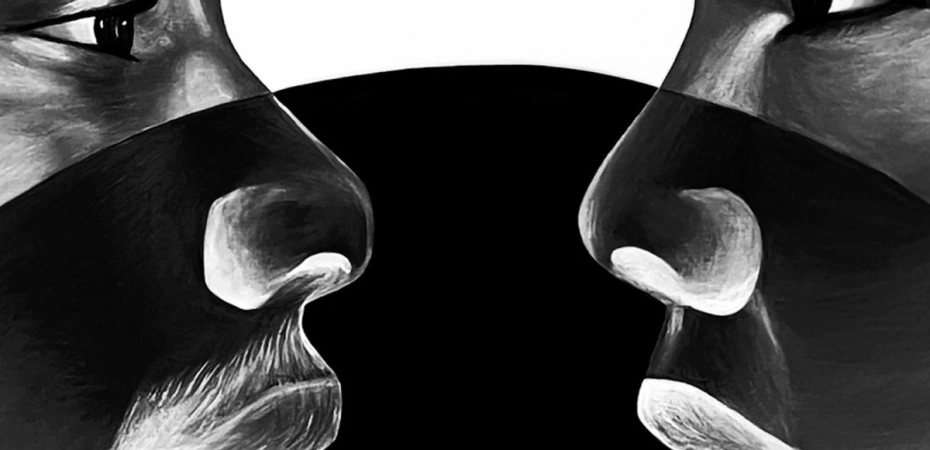I recently had the opportunity to watch the new feature-length documentary about ODB called “Ol’ Dirty Bastard: A Tale of Two Dirtys,” and I wanted to share my thoughts. Directed by Sam Pollard and Jason Pollard, and produced by Four Screens & Pulse Films, the film premieres on the A&E Network on August 25th at 9 PM EST and will be available on streaming platforms the following day.

Before diving into the movie itself, I’d like to provide some background on my experience with Ol’ Dirty Bastard’s work. When I first started this blog, I did “marathons” where I listened to and reviewed every album in an artist’s discography. I began a comprehensive Wu-Tang Clan marathon in 2016 when I was about 17, and though it’s still ongoing, I’ve reviewed both of ODB’s albums. I’m a fan of both projects and like them equally, though if I had to choose, I’d probably pick the second album. I learned from this documentary that its original title was even more audacious than the final one. If he had stuck with that plan, it would perhaps be the boldest album title in Hip Hop history. One of the first things that stood out to me about the film was the interview with Bryonn Bain. Almost a decade ago, when I was around 15 or 16, I listened to Saigon’s album “The Greatest Story Never Told 3: The Troubled Times of Brian Carenard,” which features two interludes performed by Bryonn Bain. These were my favorite tracks on the album. Intrigued by his performance, I researched him and discovered he’s a professor and prison activist of Trini descent, and I followed him on Twitter (on an account that eventually got banned during a mental health crisis).
Another aspect of the documentary that resonated with me was its focus on mental health, a topic I didn’t initially consider for a film about ODB. Having been institutionalized for my own mental health issues three times, this section of the film brought me closer to ODB on a personal level. The image of him at Clinton Correctional Facility, visited by Icelene and his family, was particularly haunting. The visible weight gain and context made it feel very dark, and my eyes welled up at that point. The most emotional part for me was when the film addressed his death. There’s a lot more significant content I didn’t mention, but I don’t want to spoil anything. Overall, I think the documentary is amazing and a must-watch for any Wu-Tang fan. If ODB was ever one of your favorite members, this film is a no-brainer. It genuinely feels like everyone involved wanted viewers to understand ODB as both an artist and a human being. Remember to catch it on the A&E Network on August 25th at 9 PM EST.


